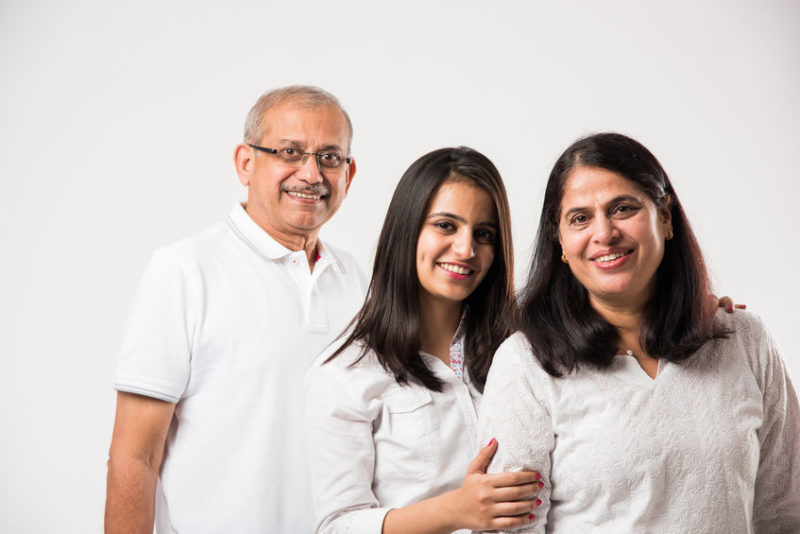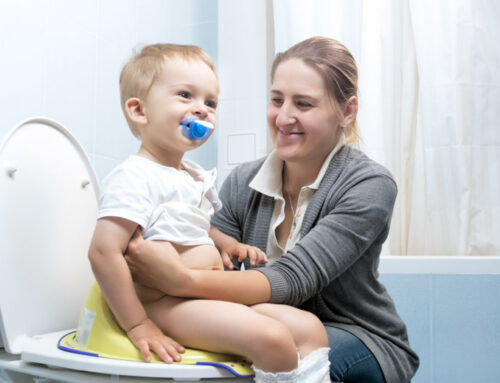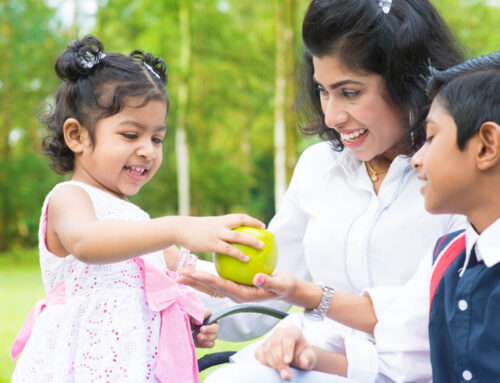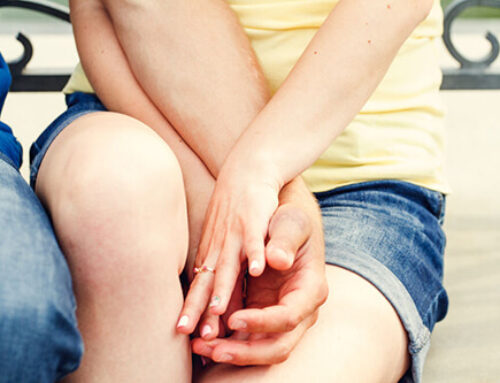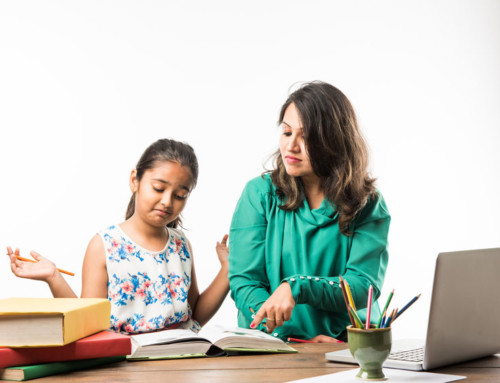Adoption is a practice that is becoming accepted more and more in our society. Those wanting to be parents may adopt because they are unable to conceive or carry a pregnancy to its full term or for a variety of other reasons. Some even adopt a second child because they genuinely feel that they will give a homeless child home of his own. Some adoptions happen due to the loss of birth parents or a child.
Handling issues related to adoption can be as easy as you want or as difficult as you want to make them. Adopting a child may have been an important decision taken by parents, but once the adoption is over, the baby is theirs -physically and emotionally-to nurture and care for. So if parents do not give it too much undue importance, the adopted child will learn to deal with it similarly. Conversely-if the parents keep it hushed up, are tense that the child may find out before they tell him and fear his reaction at finding out—it may give rise to a difficult situation. That’s not to take away from the fact that even if the issue is not given undue importance, there won’t be issues-there will. And they will need to be dealt with. How well the issues get handled will depend on how open parents are about discussing adoption with the adopted child.
“I am not good enough”
The common feelings that adopted children go through are those of being given away by their birth parents because “they are not good enough” or “because they were not wanted” or some such feeling. They experience heartache at finding out that they are adopted-because they may liken adoption to rejection. It is for the parents to make them feel that they are special and that is why their adoptive parents chose them. Many children may believe this, while others may feel that their parents are saying this just to make them feel good and to soothe the heartache.
Adoptive parents need to view the situation sensitively. Go back to the time when you decided to adopt. It was probably the most important thing in the world for you at that time. There was a vacuum that you wanted to fill. There was a heartache so strong that only a baby in your arms could have cured it. You went through all the painful processes and the paperwork and finally, the day came when you had your baby cradled in your arms and you brought him home. He filled that vacuum in your life. And that’s how you still look at your baby who is now growing up. And you are afraid that your child will be hurt at finding out the truth. And you are wondering if he will love you any lesser because of it-a thought that breaks your heart.
If you look at it from your child’s point of view he has no memories of his babyhood. He knows you as his parents’.He gives you all his love unconditionally. You are his anchor. You are the be-all and end-all of his worlds. You are his security. And one day he finds out you did not give birth to him but adopted him and that biologically he is not yours. It is natural for him to be heartbroken. But it is this transition from not knowing to know that adoptive parents need to manage well. To reduce the pain that comes with it. To ensure that there is no loss of feeling (even if temporarily). That the child does not feel insecure, or unwanted, or a lesser human being in any way.
Things to take care of
The earlier that you tell your child, the better it will be. It is good to start telling them that they are adopted even before they understand what it means. That way, by the time they grow up and understand the meaning of the word, it will be “old news”. While you tell them, be sure to reinforce how badly you wanted to have them and how lucky you felt having adopted them.
When your child is older you may have other issues to discuss before they become significant in the child’s head. What you are doing is that you are preparing the child to deal with different issues related to adoption before they come up. So you may say that “My friend who is a school teacher was talking about what happened with an adopted child in her class. That the child wanted to meet his biological parents or that the child felt he was not loved etc” Bring these things up and use the power of positive suggestion to help the child interpret these situations. And to help him understand what is right and what is wrong.
No matter how well you handle the adoption question (or questions) at home; there will always be people outside your home who will be insensitive. The most forthright (and sometimes hurtful) things are said by children to other children. Your child’s friend/schoolmate/neighbor may tease him about being adopted. During this time you need to lead your child through the emotions he felt and help to sort his emotions out. First, listen to the child (he may be angry and may want to take out his frustration or anger). Once the child has blurted out his anger, let him ramble on and talk about how he felt. You can assist by asking questions like “How did you feel when they said that?” “What do other kids get teased about at school? Does it matter if they are short or tall or fat or dark-skinned? So does it matter if you are adopted”?
Click here for Case Study on Adoption
Top Questions on Adoption
- What is the right age at which I should tell my child that he/she is adopted?
- Should I tell my child who her biological parents are? Should I allow a meeting between them if my child wants it?
- My child says he hates me and wants to go back to his biological mother? Help!
- If my child wants to go back and live with the biological parents, what should I do?
- My adopted child feels that I love her lesser than my biological child
- My adopted child feels that there is something wrong with her, and that’s the reason for her biological parents to have given her away for adoption
- I already had one biological child before adopting it. I don’t feel the same love for my adopted child. Am I a terrible parent? Help!


